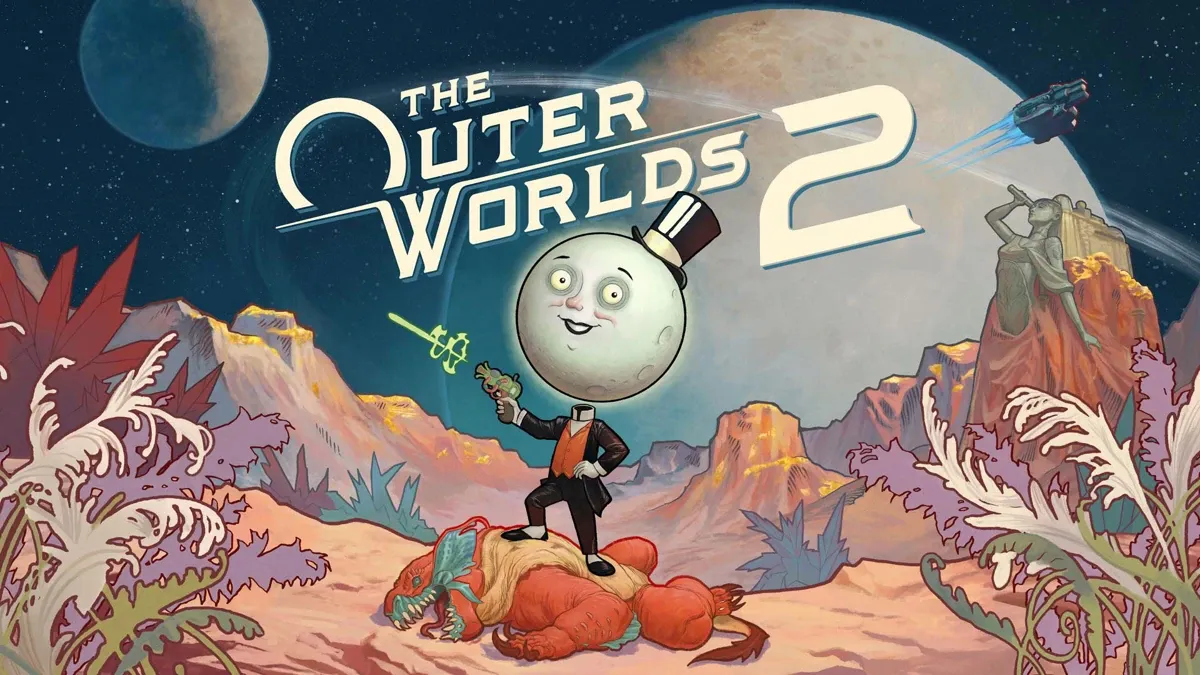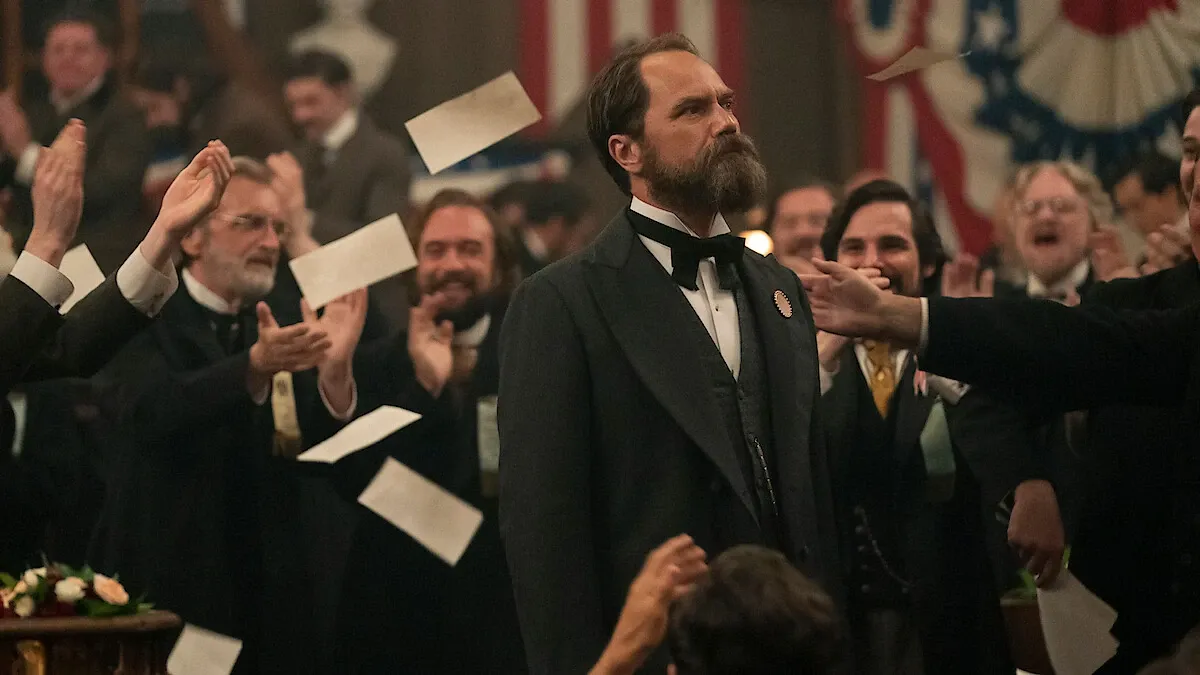Rebooting a show is always hard, and it’s twice that when you’re talking about a hugely successful one like WESTWORLD. Returning after a 21-month hiatus, WESTWORLD sheds most of its past in one sweep, dropping both the park and a majority of the cast in the process. But running from your past is harder than it seems, and the show struggles with letting go for much of the first half of the newest season. With the first four episodes screened for critics, here’s part one of our review on WESTWORLD – SEASON 3.
When we last saw her, Dolores’ uprising took shape in a violent and bloody coup. Most major players were killed or transported to a digital heaven somewhere on a remote satellite. Those left standing faced an uncertain future in a hostile world, now the last of their kind. For those looking for answers, you’re out of luck; season three plays things just as close to the chest as before. If anything, the first half is as convoluted as ever, planting more questions than it answers.
Having escaped Westworld, Dolores is now a rogue operative planning her total overthrowing of humanity in the real world. Hilariously unstoppable, she spends most of the first half moving pawns around on the board with little explanation. There are monologues about how humanity needs to make way for The Real Gods, but it’s all esoteric at best. As if the show is afraid that revealing even a morsel of the plan would cause viewers to lose interest.
Joining her this time around is Caleb (Aaron Paul), taking over from James Marsden as the well intentioned love interest. A down-on-his-luck veteran trampled by The System, Caleb finds a cause to fight for in Dolores, and that’s about it. Paul does a lot with very little, and he’s an easy protagonist to like. But as with Teddy in previous seasons, he plays second fiddle to Dolores’ potential big bad. Having gone from victim to freedom fighter, Dolores is living long enough to see herself turn into a villain. (Two others are introduced, but they’re so thin their presence is imperceptible.) At the halfway point the endgame remains unclear, as Dolores ultimately gets very little to do with her newfound power.

Season three follows no less than five concurrent plot lines, each with their own sub-stories and contrivances. Most of them are spoilers to even talk about, but suffice to say it gets to be a bit too much. The pacing is both hectic and slow; information dumps one minute and characters spending entire episodes shaving the next. There is spectacle, and it’s visually impressive, but none of the purity of vision from earlier seasons is there anymore.
One of the great joys in WESTWORLD was learning the rules of the new worlds, and how our characters dealt with them. A brief visit to Shogun World was a highlight, as was an unexpected episode dealing entirely with Native American lore. It’s telling that this time around all the best parts of the season deal exclusively with the park itself. The real world, by comparison, feels bland and uninteresting.
But season two wrote the series into a corner, and it feels like this rebooted season knows this. Fan favorites make appearances whether it makes sense or not, and early episodes mine goodwill by leaning heavily on series staples. It made sense for saloons in the park to play folksy covers of pop-songs, since the satire came from the ludonarrative dissonance. Immersion itself was in doubt. But now, in the real world, the same covers played by orchestras feel twee and gimmicky.
An argument can be made that this is the point; the real world is exactly as fabricated for everyone but the rich as Westworld itself. It’s a shame the message itself is lost in the hokum. Dolores snarling about class warfare feels far removed from the self-liberation of previous seasons. In fact most of the early season abandons the established themes, and there’s an odd parallel drawn between sex work, slavery, and modern economy that doesn’t sit right at all. (“Remember, you belong to me.” Dolores hisses to a black woman in one of the biggest clunkers.) An all-knowing entity of data with the ability to path an entire lifetime based on algorithms is a genuinely terrifying and interesting idea. But it’s so underdeveloped it feels like leftovers of a discarded storyline.
The things that WESTWORLD always did well are still here. The acting is fine across the board, Thandie Newton especially delivering another stellar turn as Maeve. Visually it’s a feast, and every penny spent by HBO is up on display. The music by Ramin Djawadi doesn’t get as many chances to shine, but the theme still chills every time it plays. Even with complaints WESTWORLD remains one of the few shows that swings wildly for the fences. The ideas are big and bold, and those that work, soar. Small things like an app for criminal gig-work or a SIRI-like assistant built in your ear are fascinating, and make the world that much more believable. There big questions about self-awareness are sci-fi staples, equally compelling now as two years ago.
But it feels like that by bringing itself back online WESTWORLD has slowed down in unexpected ways. Season two felt like natural closure, a wild triumphant ending to a story that could have easily gone on longer. Starting over, the show is learning to walk again, but doing so with the confidence of a long distance runner. So when it stumbles, it doesn’t pause to think where it went wrong, it just keeps going. It’s a fitting metaphor for Dolores, rushing ahead with blinders on, uncaring of the carnage she leaves in her wake.
And while the show still has enough goodwill that the initial buildup is tolerable, the second half will ultimately decide whether or not coming back was a good thing. Here’s hoping it will surprise us.












